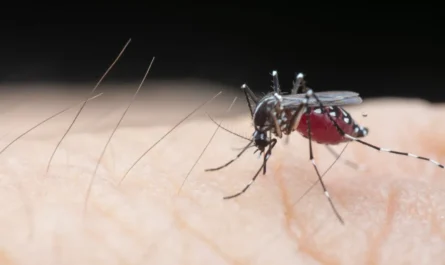A recent study conducted at Washington State University has shed light on the mechanism behind cannabis-induced hunger, also known as “the munchies.” The research, published in the journal Scientific Reports, has identified a specific set of neurons in the brain that are activated by cannabis and play a role in promoting appetite. This discovery could pave the way for the development of targeted therapies for appetite disorders, including those faced by cancer patients, individuals with anorexia, and potential treatments for obesity.
Using animal models, the researchers exposed mice to vaporized cannabis sativa and then used calcium imaging technology to monitor the neuronal activity in their brains. This imaging technique, similar to a brain MRI, allowed the scientists to observe how the brain cells responded to cannabis exposure. They found that cannabis activated a set of cells in the hypothalamus, a region of the brain associated with appetite regulation, particularly when the mice were anticipating and consuming palatable food. In contrast, these cells were not activated in mice that were not exposed to cannabis.
According to Jon Davis, an assistant professor of neuroscience at WSU and the corresponding author of the study, the activation of these neurons by cannabis is of great significance. He explained that when mice were given cannabis, certain neurons that are typically inactive became active, indicating that there are important processes occurring in the hypothalamus after cannabis exposure.
While calcium imaging has previously been used to study the brain’s response to food, this study marks the first known use of the technique to understand the effects of cannabis exposure on appetite-related neuronal activity.
The researchers also discovered that the cannabinoid-1 receptor, a target of cannabis, controlled the activity of a specific group of feeding cells in the hypothalamus called Agouti-Related Protein neurons. To investigate this further, they employed a chemogenetic technique, acting as a molecular light switch, to focus on these neurons when the animals were exposed to cannabis. They found that when these neurons were turned off, cannabis no longer stimulated appetite.
In summary, this study provides insight into one of the ways in which the brain responds to cannabis and its role in promoting appetite. The findings build upon previous research conducted by Davis’ lab that utilized whole vaporized cannabis plant matter in animal studies, mimicking human consumption patterns more effectively than injected THC. In their previous work, the researchers identified genetic changes in the hypothalamus in response to cannabis, prompting a more focused investigation on this brain region in the current study.
Further research in this field could lead to the development of targeted therapeutics for appetite disorders, improving the quality of life for individuals who struggle with appetite regulation due to various medical conditions.
*Note:
1. Source: Coherent Market Insights, Public sources, Desk research
2. We have leveraged AI tools to mine information and compile it



